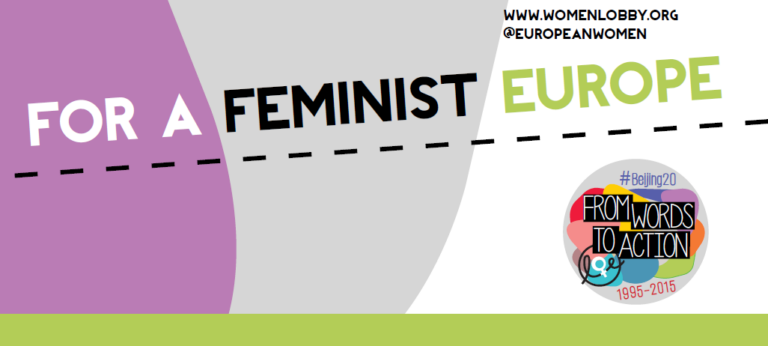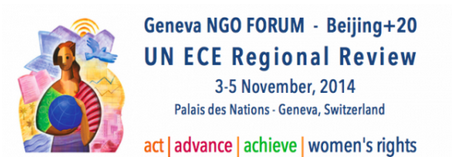[New York, UN, 23 May 2011] The United Nations World Health Organization (WHO) has drafted a plan committing Member States and development partners to implement priority nutrition interventions and policies on health care, education and agriculture to improve the health of mothers and their children.
The measures, which will be included in a WHO report to be entitled Maternal, infant and young child nutrition: implementation plan, were discussed today at WHO’s ongoing 64th World Health Assembly (WHA) in Geneva.
The draft plan outlines priorities to confront child under-nutrition, low birth weight, growing rates of child overweight, both maternal under-nutrition and overweight, and the consequences of vitamin and mineral deficiencies for mothers and children.
More than 100 million children under the age of five were underweight in 2010, and at least 170 million were stunted, according to WHO figures. Micronutrient deficiencies, including anaemia and vitamin A, are of increasing concern worldwide.
Some 43 million children were estimated to be overweight and obese in 2010. More mothers are becoming overweight, increasing the risk of birth complications.
Countries need help to scale up effective actions to combat nutrition problems, said Francesco Branca, the director of WHO’s Nutrition for Health and Development department, at a news conference in Geneva.
Malnutrition, in all its forms, impairs health, cognitive and physical development, reproductive health and immune systems. It threatens child and infant survival, according to WHO, which also noted that with growing rates of overweight in many middle- and low-income countries, non-communicable diseases, such as diabetes and cardiovascular disease, compromise health and are very difficult to treat with limited resources.
Last year’s 63rd World Health Assembly had urged Member States to increase their political commitment to better nutrition and asked WHO to provide countries with support and strategic advice.
The draft implementation plan for maternal, young child and infant nutrition was presented to Member States for their comments at the current Assembly as part of a two-year consultative process to finalize the measures.
The draft plan was unveiled as Secretary-General Ban Ki-moon spotlighted the issue of maternal health during an official visit to Nigeria, touring a hospital and another health-care centre.
Mr. Ban commended the Nigerian Government for its leadership in passing new laws designed to facilitate the provision of basic health care in the West African country.
In a meeting with Nigerian President Goodluck Jonathan in the capital, Abuja, Mr. Ban said he hoped other countries would follow the country’s example.
At a separate meeting with Nigeria’s Presidential Committee on the Status of the Millennium Development Goals (MDGs), the Secretary-General stressed that improving women’s and children’s health is one of the keys to progress.
“Healthy women give birth to healthy children who can grow up to contribute to their healthy country. They are also the best guarantee of healthy, educated and prosperous families. That is why we must tackle the terrible loss of women’s and children’s lives in Nigeria,” said Mr. Ban.
He also praised Nigerian plans to allocate a portion of its oil wealth to support health initiatives for women and children. “This is a ground-breaking initiative where success has far-reaching implications,” he added.
The World Health Assembly is the decision-making body of WHO and brings together delegations from all Member States to determine the policies of the Organization and approve its proposed programme budget.


